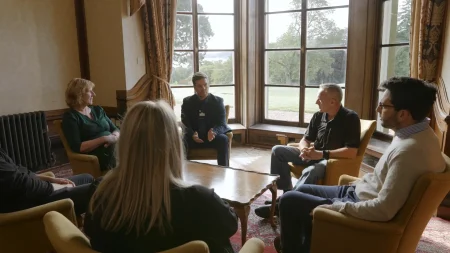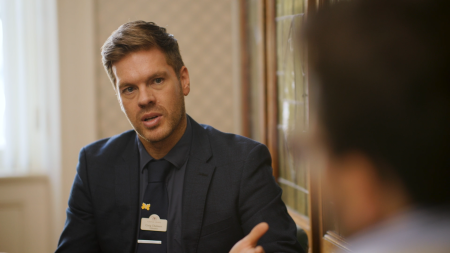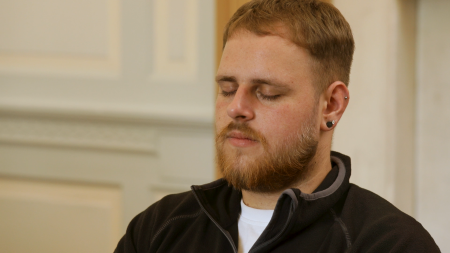In this article, the CEO of Castle Health breaks down the complex and often fragmented training landscape. With specialist degree routes disappearing, this guide explores the university-based paths that still offer a way forward, and what it really takes to enter this demanding, deeply human profession. There is currently no singular educational framework for becoming […]
Addiction Resources
Why Does Alcohol Cause the Shakes?
What are ‘the shakes’ and what causes them? The ‘alcohol shakes’ is a term to describe tremors caused by Alcohol Withdrawal Syndrome, which occurs in some frequent alcohol users when they suddenly stop drinking. Rehab Costs & Options for Alcohol | Drugs | Other addictions It is part of a condition called alcohol withdrawal syndrome that occurs in around […]
My Recovery – A Musical Aspect
Castle Craig’s Consultant Therapist, Chris Burns shares his journey in recovery, reflecting on the pain, challenges and spiritual growth he experienced along the way. Recovery is difficult. There is a lot of pain associated with addiction, but it doesn’t just go away when you sober up. There is pain in recovery too, but it gets […]
Private or Free Rehab? Which is the Right Choice For You?
Not everyone seeking rehab for an addiction problem is aware of the treatment options and the pros and cons related to each kind. Here we explain what is available the main points that you should consider, and what to avoid. The moment you start looking for the right rehab is likely to be a time […]
Alcohol Psychosis, Symptoms, Causes & Treatment
Alcohol-induced psychosis, also known as alcohol withdrawal delirium or alcohol hallucinosis, refers to a number of alcohol-related conditions that can manifest with a range of distressing behaviours and other psychotic symptoms. These typically occur during or shortly after a period of heavy alcohol dependence, when a person suddenly reduces their intake or attempts to quit […]
What to Do in the Event of an Opioid Overdose
In the event of an opioid overdose, knowing how to respond quickly and effectively is crucial and can be life-saving. From recognising the signs of overdose to administering life-saving naloxone, it is important to be prepared and not let confusion or panic dictate your actions Understanding these procedures can significantly enhance the affected individual’s chances […]
Do I Need Detox?
If you are battling drug or alcohol addiction and considering treatment options at Castle Craig, you may be asking yourself an important question: “Do I need a detox?” Here we aim to provide you with a clear understanding of whether a medically supervised or assisted detoxification is necessary for your recovery. Detoxification, commonly known as […]
How to Set Realistic Goals During Recovery
Setting yourself aims and defining timelines makes your recovery journey more manageable, breaking it down into bitesize pieces. It allows you to see how much progress you have made and not to feel lost on the way. This article will explore why setting realistic goals is so important for a successful recovery, provide practical tips […]
What Is California Sober and Is It Dangerous?
“California Sober” is when a person gives up on alcohol and hard drugs but continues to consume marijuana. Some individuals also permit the use of psychedelic drugs, such as ayahuasca, LSD or magic mushrooms. This approach has gained popularity in recent years, becoming somewhat of a buzzword in recovery circles. Some people see it as […]
Symptoms of ADHD in Women
Attention deficit hyperactivity disorder (ADHD) is a neurodevelopmental condition that affects a person’s behaviour and impulses. It tends to be noticeable in the early years, and most children are diagnosed before they turn 12 years old. However, in recent years, there has been an increase in adults diagnosed with this condition. We do not know […]
How To Go To Rehab And Keep Your Job
When you start rehab, there are many practical concerns to contend with. Chief among them is the question of work. You might worry about what to tell your boss about needing time off, or how your recovery will impact your career. Maybe you also fear being judged by your colleagues if they find out about […]
Supporting Mothers in Addiction, Tips for Balancing Parenting and Treatment
Addiction is an illness that can affect any member of the family, and many of the women suffering from addiction are mothers. This often means that they find it extremely difficult to seek recovery for fear of being judged or having their children removed from their care. Being a mother, balancing family life, and addiction […]











